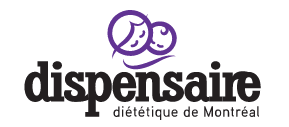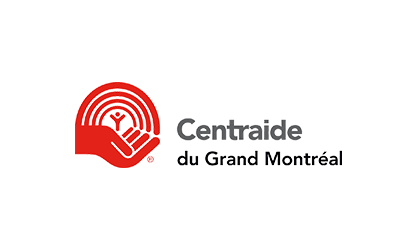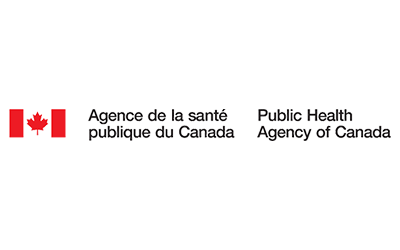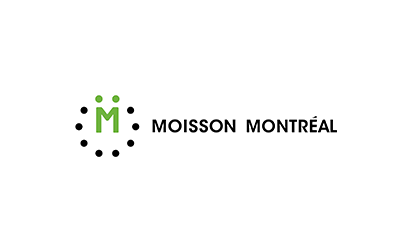To prevent anemia, a woman who does not eat meat should eat plenty of iron-rich foods in combination with vitamin C-rich foods. She should also limit foods that can reduce iron absorption such as phytates and polyphenols found in tea, coffee and cocoa, as well as other sources.
Vegetarians, and in particular vegans, must eat twice as much iron as non-vegetarians. Non-heme iron, the type of iron found in grains, lentils, vegetables and fruits, is not as well absorbed as heme iron. In addition, the iron stores of vegetarians are often lower than for people who eat meat.
Anemia during pregnancy can lead to premature delivery and can decrease the baby’s birth weight. It can also reduce iron stores that are accumulated by the baby during gestation, putting him at greater risk for iron deficiency later on. Therefore, it is essential to prevent anemia and treat it if it occurs.
In order to prevent anemia, it is important to eat plenty of iron-rich foods in combination with vitamin C-rich foods several times a day. When consumed at the same time as vitamin C, the absorption rate of iron is doubled.
Here are a few examples:
| Iron accompanied by … | Vitamin C |
| Lentil meal | Two clementines |
| Chili with kidney beans | Raw multi-colored pepper salad |
| Instant oatmeal | 125 ml of orange juice |
Meat is the food group that is the richest in iron, therefore pregnant women who do not consume meat greatly increase their risk of anemia.
Overall, the incidence of anemia is generally high amongst pregnant women. It isstrongly recommended that all pregnant women take a daily prenatal vitamin and mineral supplement, containing 27 mg of iron.
If the pregnant woman consumes dairy products, the prenatal supplement should be taken between meals so as not to affect iron absorption. High consumption of tea or coffee can contribute to the development of anemia. It is advisable to limitconsumption to 2 cups a day, outside of meals. To reduce phytate intake which also reduces the absorption of iron, it is advisable to soak legumes and discard the water before cooking them.
If the pregnant mother develops anemia, her diet should be evaluated by a registered nutritionist who will advise her on ways to increase her iron intake.






